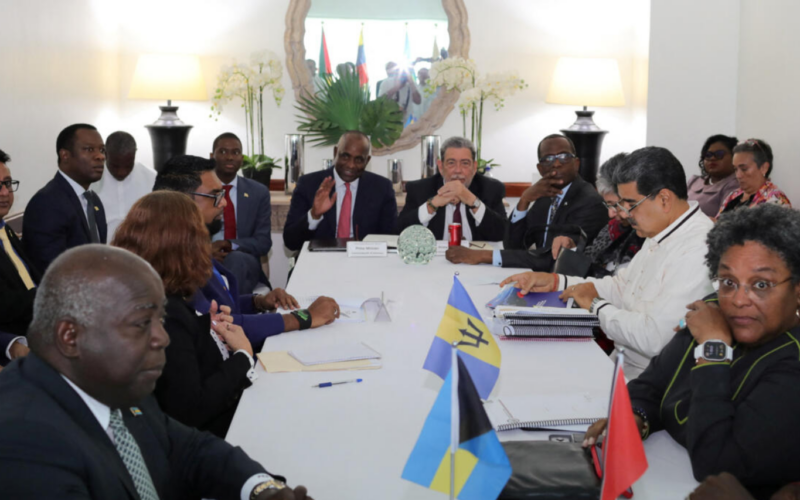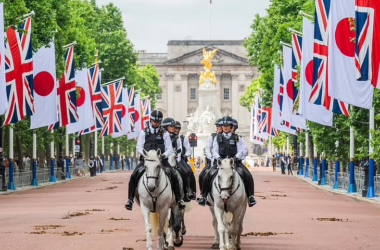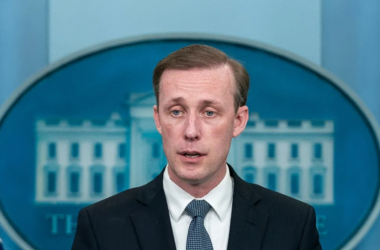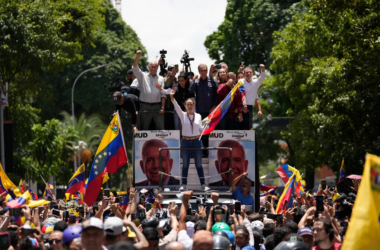Venezuela and Guyana have reached an agreement not to resort to force in settling their territorial dispute over the oil-rich Essequibo region. Following a tense meeting between Guyanese President Irfaan Ali and Venezuelan President Nicolás Maduro in the Caribbean, an 11-point declaration was issued, emphasizing the commitment to refrain from using force and to avoid escalating conflicts.
The dispute revolves around the Essequibo region, which constitutes more than two-thirds of Guyana’s territory and is home to 125,000 of its citizens. Recent tensions escalated after Venezuela held a referendum to establish a Venezuelan state in the disputed area, raising concerns in Guyana about a potential land grab. Venezuela contends that Essequibo should be under its control based on historical borders, while Guyana refers to a border established by international arbitrators in 1899.
The meeting between Ali and Maduro, held at the main international airport in St Vincent, did not yield significant progress in resolving the longstanding dispute. Instead, a joint commission comprising foreign ministers from both countries and other officials was tasked with addressing the issue and reporting within three months.
Efforts to mediate the dispute involved regional groups, including the Community of Latin American and Caribbean States (CELAC) and the Caribbean Community (CARICOM). The declaration acknowledged the existing impasse and highlighted the commitment to peace in the region.
Guyana advocates resolving the controversy through the International Court of Justice in the Netherlands, while Venezuela disputes the court’s jurisdiction. Guyana’s government issued a statement asserting that Essequibo was non-negotiable, emphasizing its position during press conferences.
President Ali reiterated Guyana’s commitment to peace and emphasized that Guyana is not the aggressor in the dispute. While expressing a dedication to keeping the region peaceful, he underlined that Guyana reserves the right to collaborate with partners for the defense of the country.
Maduro, ahead of the meeting, expressed the intention to maintain peace in Latin America and the Caribbean. The White House National Security Council closely monitored the situation, emphasizing the need to prevent the situation from escalating to conflict.
Venezuela has directed state-owned companies to explore and exploit resources in Essequibo, while both nations have placed their militaries on alert. The situation remains closely watched by the international community, with diplomatic engagement playing a crucial role in preventing further escalation.








